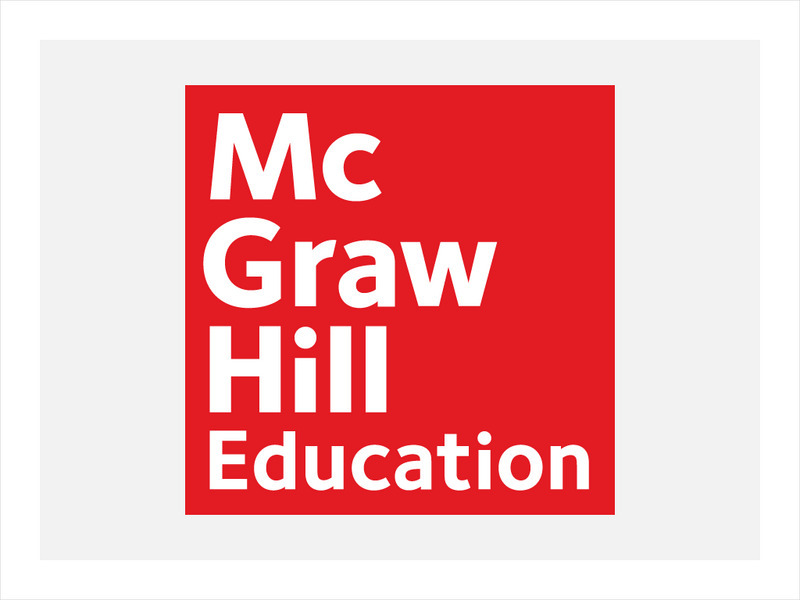Hi, what do you want to do?
Curated OER
Anticipation Guide: Similar and Congruent
Find out what your mathematicians know about similar and congruent figures with this anticipatory guide that includes five agree or disagree with statements.
Willow Tree
Ratios and Proportions with Congruent and Similar Polygons
Investigate how similar and congruent figures compare. Learners understand congruent figures have congruent sides and angles, but similar figures only have congruent angles — their sides are proportional. After learning the...
EngageNY
Are All Parabolas Similar?
Congruence and similarity apply to functions as well as polygons. Learners examine the effects of transformations on the shape of parabolas. They determine the transformation(s) that produce similar and congruent functions.
Mathematics Vision Project
Circles: A Geometric Perspective
Circles are the foundation of many geometric concepts and extensions - a point that is thoroughly driven home in this extensive unit. Fundamental properties of circles are investigated (including sector area, angle measure, and...
Houghton Mifflin Harcourt
Unit 5 Math Vocabulary Cards (Grade 6)
Acute angle, line of symmetry, and vertex are a few terms you'll find in a set of 90 flashcards designed to reinforce math vocabulary. Included in the set are two types of cards; a word card printed in bold font, and a...
El Paso Community College
Geometry Definitions
Geometry is full of shapes, figures, and corresponding things here and there. The guide shares all of the key pieces of geometric information in a nicely color-coded and labeled sheet.
Curated OER
Tile Patterns II: Hexagons
After learning that the sum of interior angles for triangles is 108 degrees, take it further to show that the sum of angles in any polygon is the same! Using hexagons, pupils practice finding the measure of the six congruent angles. Make...
EngageNY
What Are Similarity Transformations, and Why Do We Need Them?
It's time for your young artists to shine! Learners examine images to determine possible similarity transformations. They then provide a sequence of transformations that map one image to the next, or give an explanation why it is...
CK-12 Foundation
CK-12 Middle School Math Concepts - Grade 6
Twelve chapters cover a multitude of math concepts found in the Common Core standards for sixth grade. Each title provides a brief explanation of what you will find inside the chapter—concepts from which you can click on and learn more...
Lane Community College
Review Sheets: Geometry
Full of problems with polygons, angles, lines, and triangles, your learners get a multi-page packet that provides all they need to know. It contains many of the standard problem types as well as some more challenging questions.
Khan Academy
Khan Academy: Use Similar & Congruent Triangles
Solve geometry problems with various polygons by using all you know about similarity and congruence.
Khan Academy
Khan Academy: Similarity and Transformations
Given two polygons, try to map one onto the other using angle-preserving transformations, and determine whether they are similar. Transformations are done in "intuitive mode." Students receive immediate feedback and have the opportunity...
McGraw Hill
Mc Graw Hill: Glencoe: Self Check Quizzes: Congruent and Similar Figures
Use Glencoe's randomly generated self-checking quiz to test your knowledge of congruent and similar figures. Each question has a "Hint" link to help. Choose the correct answer for each problem. At the bottom of the page click the "Check...
CK-12 Foundation
Ck 12: Geometry: Corresponding Parts of Congruent Figures
[Free Registration/Login may be required to access all resource tools.] In this lesson, students identify corresponding parts of congruent figures. They examine guided notes, review guided practice, watch instructional videos, and...


















